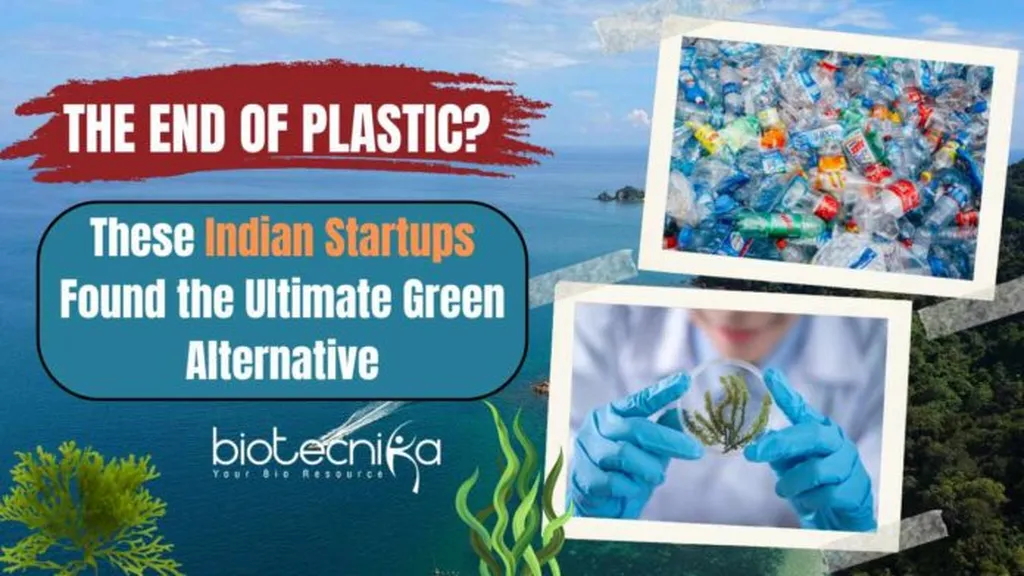In a significant stride towards sustainability, researchers have made notable advancements in the microbial production of poly(3-hydroxybutyrate-co-3-hydroxyvalerate) (PHBV), a biodegradable biopolymer that could revolutionize the plastics industry. This breakthrough, led by S.P. Shibin from the National Centre for Aquatic Animal Health at Cochin University of Science and Technology in India, offers a promising alternative to petroleum-based plastics, addressing the looming depletion of fossil fuel reserves.
PHBV, a member of the polyhydroxyalkanoates (PHAs) family, stands out due to its exceptional mechanical strength, thermal stability, and biodegradability. These properties make it an ideal candidate for various applications, including agriculture, medicine, and food packaging. “PHBV’s unique characteristics make it a viable contender in the quest for sustainable materials,” Shibin explained. “Its biodegradability and performance metrics are comparable to conventional plastics, but with a much lower environmental footprint.”
The production of PHBV through microbial fermentation is a process that holds immense potential. However, scaling up this technology for commercial use comes with its own set of challenges. High production costs, limited feedstock availability, and suboptimal yields are some of the hurdles that researchers are actively working to overcome. Innovations in fermentation strategies, metabolic engineering, and the utilization of cost-effective carbon sources are at the forefront of these efforts.
One of the key drivers of progress in this field is the collaboration between industry and academia. Open innovation initiatives are playing a crucial role in bridging the gap between research and commercialization. “By fostering a collaborative environment, we can accelerate the development and deployment of sustainable technologies,” Shibin noted. “This synergy is essential for driving technological breakthroughs and overcoming existing limitations.”
The recent review published in *The Microbe* (translated to English as “The Microbe”) provides an updated perspective on the latest advancements, challenges, and prospects of microbial PHBV production. It highlights the potential of PHBV as a sustainable alternative to conventional plastics, paving the way for a greener future.
As the world grapples with the environmental impact of petroleum-based plastics, the development of sustainable biopolymers like PHBV offers a ray of hope. The research led by Shibin and his team not only underscores the importance of innovative solutions but also emphasizes the need for continued investment and collaboration in this critical area. The energy sector, in particular, stands to benefit from these advancements, as the shift towards sustainable materials aligns with global efforts to reduce carbon footprints and promote environmental stewardship.
In the coming years, the commercialization of PHBV could significantly impact the energy sector by providing a viable alternative to traditional plastics. This shift could lead to reduced dependence on fossil fuels, lower greenhouse gas emissions, and a more sustainable approach to resource management. As researchers continue to refine the production processes and explore new applications, the potential for PHBV to transform industries becomes increasingly evident.
The journey towards a sustainable future is fraught with challenges, but the advancements in microbial PHBV production represent a significant step forward. With continued innovation and collaboration, the vision of a world free from the environmental burdens of conventional plastics is within reach. The work of Shibin and his team serves as a testament to the power of scientific inquiry and the potential for technology to drive positive change.

